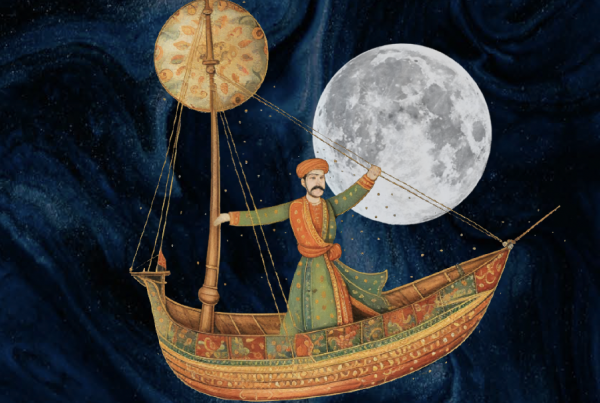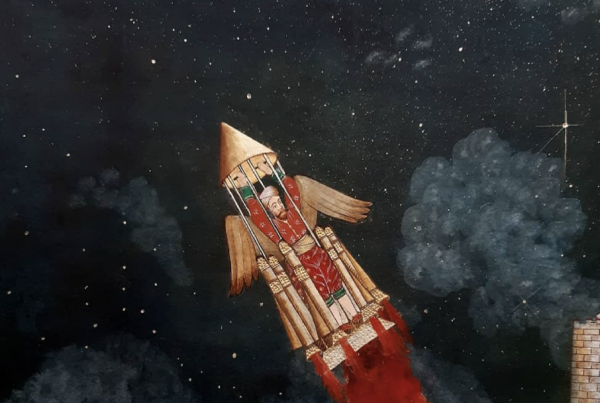The formation of the Islamic faith is intricately tied to the notions of sacred history, revelation, prophets, and prophecy. The Islamic tradition holds that the history of the world is marked by God’s revelation and Messengers who played crucial roles in the divine plan. An overview of sacred history from an Islamic perspective serves as a testament to the continuous presence of God’s guidance throughout time, reinforcing the belief in a divine plan and the significance of human actions within it. The notion of revelation is a fundamental concept in Islam, representing the process through which God communicates His will to humanity. Hence one of the key concepts to explore in this monograph will be revelation and what it leads to, i.e., a path to return to God. This brings the other fundamental concept of sharīʿa that requires exploration.
Main Questions and concepts to explore some main questions to explore could include:
1. How does the concept of sacred history in Islam shape the understanding of the divine plan and the role of individuals within it?
2. What are the key beliefs and teachings regarding revelation in Islam, particularly
concerning the Qur’an as the literal word of God? How does this belief impact the lives of Muslims?
3. How do the stories and examples of prophets in the Qur’an contribute to the moral and spiritual guidance provided to Muslims? What are the common themes or lessons found in these stories?
4. What role does prophecy play in the Islamic faith, and how is it understood within the broader context of divine communication and the future destiny of the world?
5. How do these notions of sacred history, revelation, prophets, and prophecy in Islam relate to the broader theological framework and the practices of Muslims today?
Exploring these questions can help deepen the understanding of the formation and core beliefs of the Islamic faith, as well as shed light on the significance of sacred history, revelation, prophets, and prophecy within the Islamic tradition.



